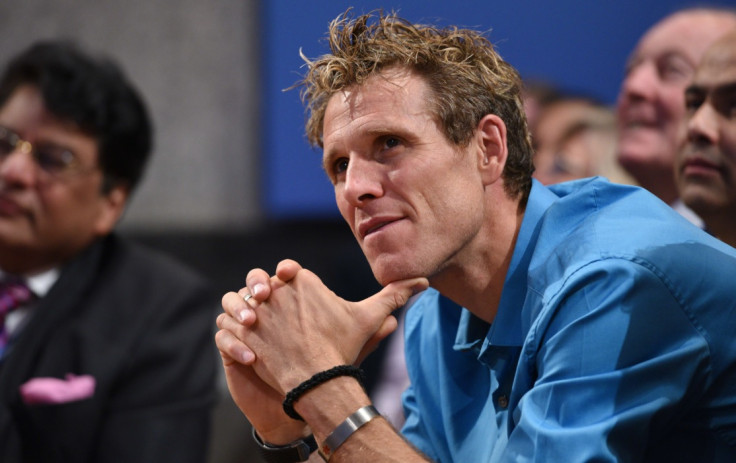Olympic rowing hero James Cracknell joins Jamie Oliver in drive for government sugar tax

British Olympic hero James Cracknell is the latest celebrity to back the campaign for a tax on sugary drinks in a bid to combat rising levels of obesity in the UK. The gold-medal-winning rower has come out for the levy after TV chef Jamie Oliver urged the Conservatives to adopt the measure.
Cracknell's intervention coincides with the publication of a report from the Policy Exchange think tank, which is authored by the sports star. The paper denies that a sugar tax would be a "magic bullet" for childhood obesity, but claims that such a levy would represent a sensible move. "This is a national crisis that has severe ramifications on peoples' lives and on society as a whole," Cracknell said. "The human misery and drain on the public finances is so great that the government has no option, but to intervene to give people who are severely obese the help they desperately need.
He added: "There will be inevitable opposition to what will be labelled as nannying, but the same was true of the reaction to legislation on seat belts and drink-driving. At the same time, it is important to introduce a range of other measures to combat obesity including clear and easy to understand labelling on food and drink packaging and more incentives for schools to run breakfast clubs."
The pressure from Cracknell, a former Tory MEP candidate, comes after the Health Secretary Jeremy Hunt said the prime minister had not taken the tax "off the table". "Cameron has said that if it isn't a sugar tax then it needs to be something equally robust," Hunt told BBC One's Andrew Marr show. "But he hasn't taken a sugar tax off the table." He added: "We have got parents up and down the country who want to know that they are going to be given the support they need to ensure their children eat healthily."
The NHS currently discourages parents from giving their children sugary or high-fat food and drink in a bid to lower obesity rates. "These foods and drinks tend to be high in calories and low in nutrients," the NHS Choices website says.
© Copyright IBTimes 2025. All rights reserved.






















